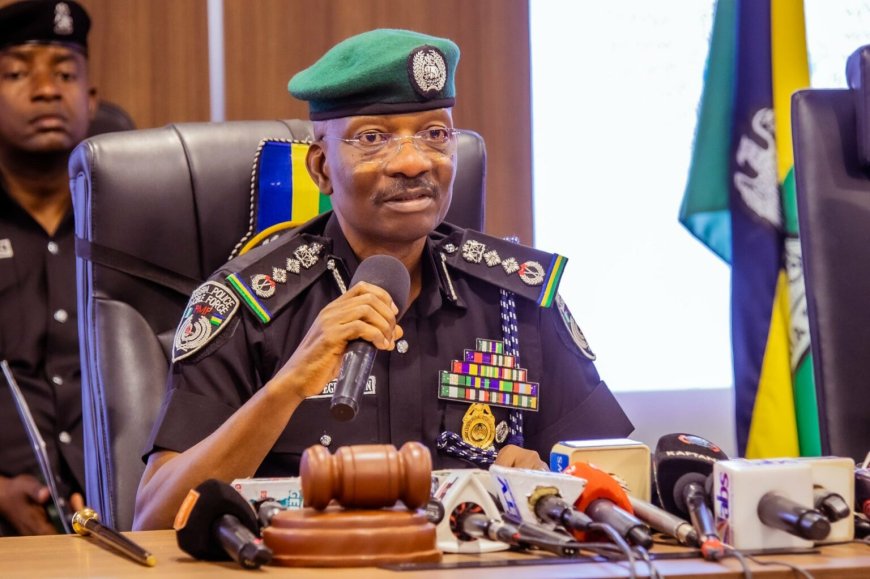Poor welfare hampers technology in police – Security analyst

Security analyst, Kabiru Adamu, has cautioned that poor welfare and salary conditions within the Nigeria Police Force remain a major obstacle to the successful integration of technology into policing, despite President Bola Tinubu’s Renewed Hope Agenda prioritising reforms in the sector.
Speaking on Friday in an interview with Channels Television, Adamu commended the President’s commitment to introducing technology in policing, noting that performance measurement under the administration is partly tied to how effectively the police adopt modern tools.
He said, “If you look at his Renewed Hope Agenda and the police reform element within it, introducing technology is actually a key element. To be fair to him, again, as part of that commendation, the performance measurement scheme that he has introduced measures the ability of the police to introduce technology within policing.”
Adamu, however, stressed that the police are still grappling with basic issues such as poor salaries, pensions, and housing, which divert attention and resources from technology deployment.
He said, “The challenge is that there are leakages within the security spectrum. That national security enterprise has so many leakages that, unfortunately, the funding streams that would allow technology to be introduced within the system are almost impossible to obtain. Because where, for instance, you are dealing with basic issues like salary, welfare, name them, then the technology, the methodology would suffer.”
He pointed to recent protests as evidence saying, “Anyone who doubts me should just remember that a few weeks back, we had a protest by police retirees. Most of the serving police officers aligned with that protest. They agreed that their welfare is horrible, they agreed that their salary is pathetic, they agreed that their living conditions are extremely pathetic.”
Adamu commended the Inspector-General of Police, Kayode Egbetokun, for focusing on welfare, particularly housing, but warned that decades of neglect would take time to fix
Sadly, because of the decay that the police have been in for a very long period, it will take a bit of time before he addresses those basic issues. I guess after he addresses those basic issues, he will now look at these other bigger ones,” he said.
On technology, Adamu noted some progress, such as using digital tools in arrest and prosecution, but insisted that broader structural reforms were needed.
He also called for stronger collaboration with the Federal Ministry of Communications, Innovation and Digital Economy.
“Most security organisations attempt to recreate their own structures. But I don’t think that where we are in Nigeria at the moment, they can even do that. They don’t have the funding. So why don’t they extend a handshake to that federal ministry? AI is an example. In today’s world, there’s very much that AI can do to support security functions, including policing,” Adamu advised.
Nigeria has faced persistent insecurity challenges ranging from terrorism in the North-East to banditry, kidnapping, and violent crime across the country. Despite successive governments promising police reforms, the force continues to struggle with inadequate funding, corruption, and low morale.
report that in July, police retirees under the contributory pension scheme staged protests in Abuja over unpaid benefits, describing their conditions as “inhumane.” The protests drew support from serving officers who privately admitted to poor welfare conditions.
Although the federal government has pledged comprehensive police reforms under its Renewed Hope Agenda, including the adoption of body cameras and AI-driven policing, experts warn that without addressing welfare and funding “leakages,” reforms may stall.
Nigeria’s insecurity challenge, ranging from banditry and kidnapping in the North-West to separatist violence in the South-East and urban crime in major cities, has continued to stretch the country’s underfunded police force.
With less than 400,000 personnel policing over 200 million people, there are concerns that without urgent reforms in welfare and technology, the Force will remain ill-equipped to tackle emerging threats

 admin
admin 


